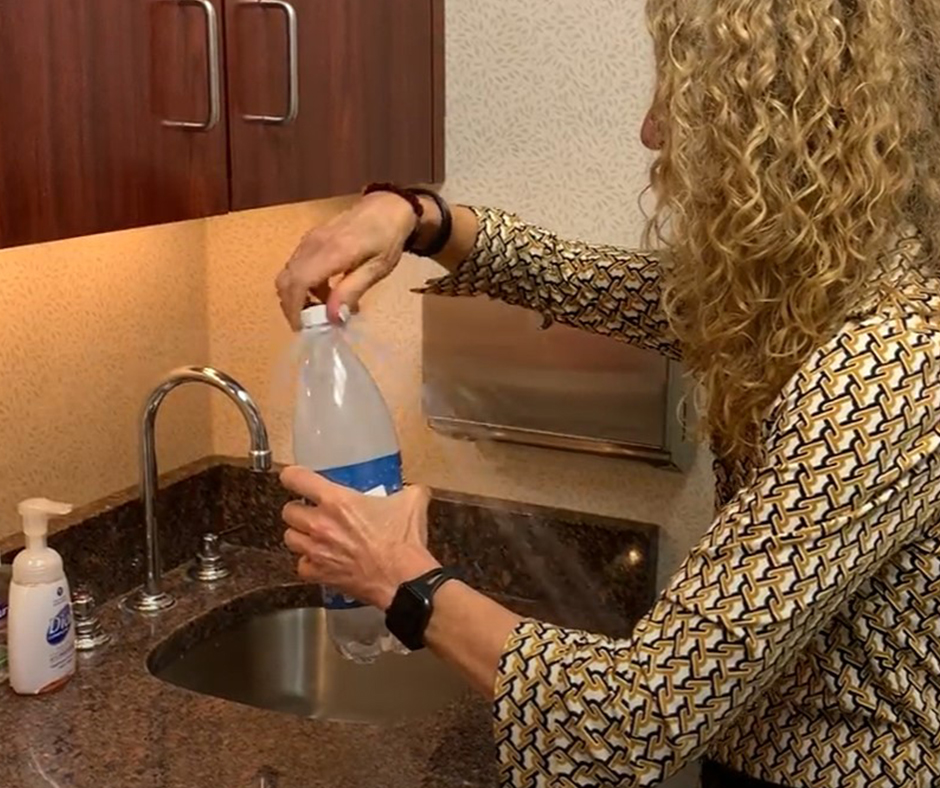Growing After Trauma: Understanding the Tenets of Post-Traumatic Growth
June 26, 2021
Traumatic events can feel like they halt your entire life. A breast cancer diagnosis can put the brakes not only on your life plans, but also on your emotions. While people often talk about Post Traumatic Stress Disorder—a debilitating emotional disorder that individuals who have experienced a terrifying event—we often fail to discuss Post Traumatic Growth.
It’s important to acknowledge that working with your emotions is a process. Each person has a different timeline for how much they can deal with in a given time.
NYBRA’s Patient Empowerment Program is rooted in the tenets of Post Traumatic Growth, which encourages patients to move from feeling like a victim to victorious through various emotional tools provided to both them and to their significant others. This growth oriented approach is an essential guiding force in NYBRA’s Sisterhood of Support and in my individual work with patients. We have seen how a nurturing and integrative approach impacts one’s physical and emotional restoration. It quells the intense anxiety patients and loved ones experience and increases patient compliance and trust. The tools provided in the Patient Empowerment Program help develop coping skills.
Post Traumatic Growth is about mindset.
When someone heals from a trauma, so much of their recovery is determined by their mindset. I encourage my patients to acknowledge their fear, pain, and anxiety, but those emotions have to ride in the backseat. You are the driver. You are in control. If you focus on growing, you are already on your way to moving forward.
Don’t just think about survival; think about thriving.
One of the most important ways to work toward Post Traumatic Growth is to get beyond the survival mindset. Surviving is just the beginning. After it, you get to live your life! That is what should garner your focus. With your life before you, what can you learn from the experience of surviving? Ask yourself what you loved about your life before and what you feel should change in order to thrive.
It is also helpful to seek professional guidance and speak with a therapist. I am available to offer referrals to mental health professionals for evaluation. It demonstrates strength to reach out for assistance.
Learn more on how you can empower yourself through your journey.
Releasing Your Emotional Valve
Our society tends to judge tears as weakness. People use phrases like “lost it,” “fell apart” or “had a meltdown” to describe someone who is…
